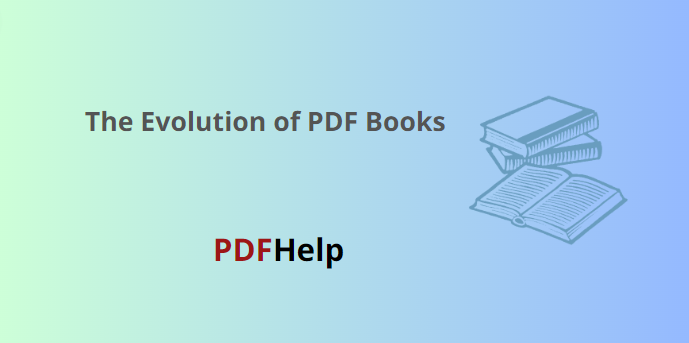In the digital age, the Portable Document Format (PDF) has become one of the most widely adopted file formats, especially when it comes to the realm of books. This article explores the uses of PDF in books, its advantages, and a brief mention of the most sought-after books on popular PDF drive platforms.
The Evolution of PDF in Books
Origins of PDF
Introduced by Adobe Systems in 1993, PDF was designed to present documents, including text and images, in a manner independent of application software, hardware, and operating systems.
From Print to Digital
As the world swiftly moved towards a digital-first approach, the publishing industry wasn’t left behind. The PDF became a favored format for authors, publishers, and readers owing to its universal compatibility and fixed layout features.
Benefits of PDF Books
Consistency
Regardless of the device or software being used, a PDF file will always maintain its formatting, ensuring that readers see the document as the author intended.
Security
PDFs can be encrypted, password protected, and watermarked, preventing unauthorized access or distribution.
Interactive Elements
With the evolution of PDF technology, interactive features such as hyperlinks, bookmarks, annotations, and multimedia elements can be embedded.
Compactness
PDFs can compress high-quality files to a relatively small size, making them easier for downloading and sharing.
Accessibility
PDFs support features that enhance accessibility for visually impaired readers, including text-to-speech capabilities.
The Surge of PDF Drive Books
PDF drive platforms, like PDF Drive, have emerged as significant repositories for free books, manuals, and articles. The popularity of such platforms has made certain titles particularly sought-after. While the most popular books often change due to shifts in cultural or academic interest, some titles consistently attract readers. These might include classics, popular self-help books, academic textbooks, or even contemporary bestsellers that have been made available in PDF format.
Concerns and Critiques
While the ease of distribution and accessibility of PDF drive platforms is commendable, it’s essential to approach them with a discerning eye. Not all content available is legally uploaded, and copyright infringements are a concern. Readers should ensure they are downloading content from reputable sources and respecting copyright laws.
PDFs have revolutionized the way we interact with written content. The consistent formatting, combined with security features and accessibility, has made it a favorite in the world of digital books. With the rise of platforms like PDF Drive, accessing a broad array of content has become simpler. However, it remains the reader’s responsibility to ensure they are accessing and sharing content ethically and legally. As the digital reading landscape continues to evolve, the PDF is poised to remain a central figure in the dissemination of knowledge and culture.
